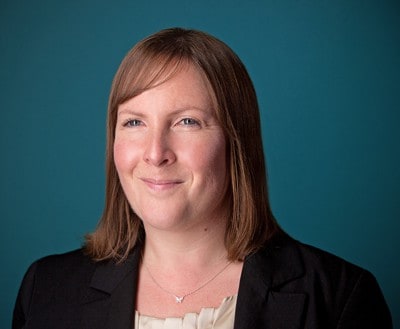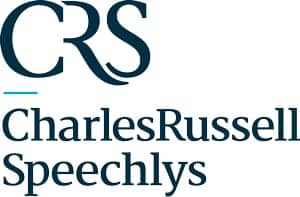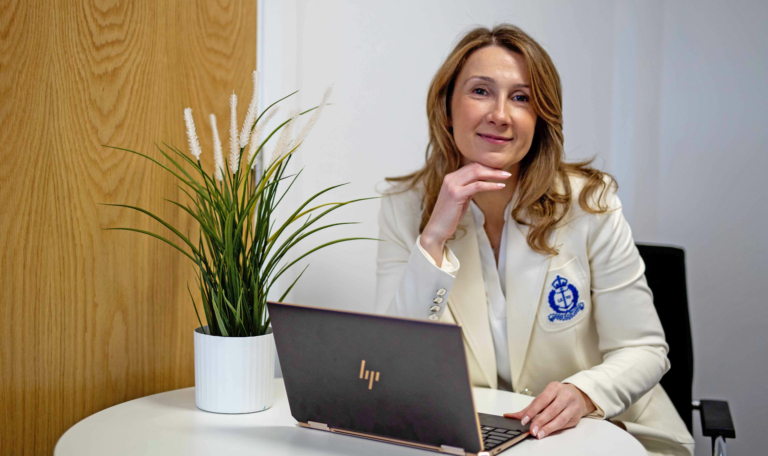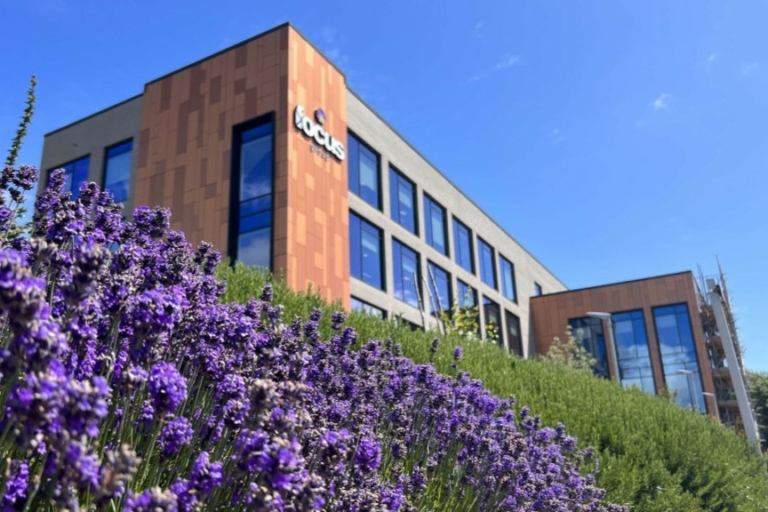Independent schools: public benefit – round two

Sarah Rowley of Charles Russell Speechlys examines the measures taken by independent schools over the past five years to ready themselves for the next public benefit challenge.

The Independent Schools Council case against the Charity Commission in 2011 ushered in a new era for independent schools, as a result of the Charity Commission’s re-drafted (and much watered down) public benefit guidance. The heat surrounding the subject of the public benefit provided by independent schools temporarily cooled and having been reminded that they were in fact charities, many schools took the renewed emphasis on their charitable status on board and have been quietly evolving and innovating over the past five years and are likely to emerge (in the main) ready for round two.
One of Theresa May’s first acts as prime minister was to launch a green paper – Schools That Work for Everyone, and its contents have been viewed by many as a hostile move towards a sector that educates a small, but significant proportion of the country’s children.
The challenges facing most independent schools have multiplied since 2011 and for most, the challenges include the cumulative impact of above-inflation fee increases making affordability an issue as salaries have not kept pace. School running costs are ever increasing and the Government’s hike in business rates will hit most schools as most local authorities, also strapped for cash, are deciding not to award the 20% discretionary element of business rates relief for registered charities. Other threats such as the fundraising levy, re-evaluation of the teachers’ pension scheme in 2019, coupled with the uncertainties of the stock market and housing market affecting the rising proportion of parents who pay fees from capital investments rather than from income, are all issues which will make the
independent school sector less nimble to manoeuvre through any new public benefit requirements set by the Government.
However, the outlook is not all doom and gloom, as many schools have been increasing their fundraising activity and investing in development offices with the aim to raise money to enable them to provide more bursaries from external sources rather than from unsustainable increases in fees. This has the dual benefit of propping up pupil numbers and helping to demonstrate the school’s outreach beyond those who can afford to pay for its services.
Another common feature of the transforming sector is that schools working within tight margins are opting to halt fee increases, or even reduce fees and are finding other ways to make ends meet such as working collaboratively with others. Examples are schools establishing procurement consortiums, entering into overseas partnerships, becoming part of larger trusts or school federations and entering into new innovative enterprises with third parties and marketing their top-notch facilities to others to make them sustainable self-funding enterprises.
Collaborations with state schools are also on the increase, and the green paper evidences that many independent schools have sponsored academies or have entered into arrangements to share facilities and staff. With bursaries on the increase, outreach into local state schools has increased with a view to identify academically gifted children who could benefit from bursary funding and with state schools also struggling to make ends meet we are seeing a renewed interest from both sides to see what the other can offer in terms of expertise in areas such as fundraising, staff and facility sharing/funding, and collaborative purchasing.
As with all arrangements with third parties, it is necessary to structure arrangements carefully. Governors need to ensure that they act at all times within their own school’s charitable objects, consider if a separate legal (joint venture) entity is required in order to ring-fence and separate risk and work through each party’s responsibilities and identify what each party will be bringing to the arrangement.
Despite the speculation, we do not know what the next move by the Government will be. However, we are likely to see, out of necessity, a closer working relationship between independent schools and their state neighbours, as schools in both sectors struggle to navigate through funding difficulties and find new ways of providing the best education possible for their respective pupils.
Charles Russell Speechlys provides support on a variety of legal issues affecting schools, higher and further education institutions and professional bodies.
For more information contact Sarah Rowley















